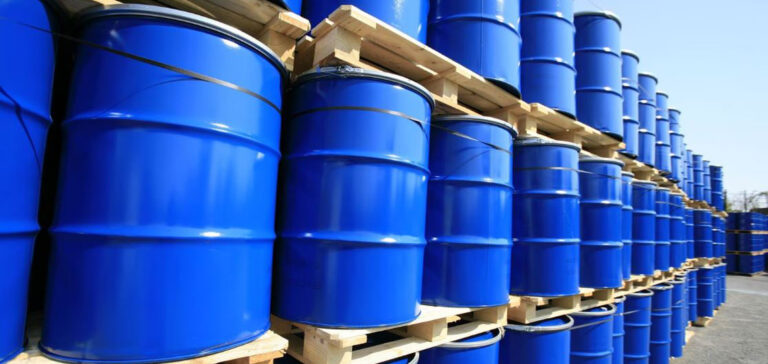Oil prices have risen following the publication of the monthly report by the International Energy Agency (IEA), which warned of possible diesel shortages in Europe. Investors continue to keep a close eye on the risk of escalation in the Middle East. At around 10.45am GMT (12.45pm in Paris), Brent North Sea crude oil for December delivery was up 1.10% at $86.76 a barrel. Its US equivalent, a barrel of West Texas Intermediate (WTI), for delivery in November, rose by 0.89% to $84.23.
IEA alert on diesel shortages in Europe
The IEA has warned of possible diesel shortages in Europe this winter due to supply constraints, notably the EU embargo on Russian crude oil which has been in force for 10 months. This alert contributed to the recovery in oil prices.
The IEA monthly report also indicated that the ongoing conflict between Hamas and Israel has had no direct impact on oil flows since it began on Saturday. The prospect of a risk to oil supply flows currently remains limited.
Reassurance Concerning Iran
According to PVM Energy analyst Tamas Varga, the absence of supply disruptions is due to the fact that Iran has not been explicitly involved in the current conflict. Ayatollah Ali Khamenei, Iran’s highest authority, denied his country’s involvement in the massive attack, while reaffirming Iran’s support for Palestine. U.S. President Joe Biden called for caution to prevent the war from spreading.
Awaiting US Inventory Data
Investors are also awaiting the release of the US Energy Information Administration’s (EIA) weekly commercial inventories for the week ending October 6. Data from the American Petroleum Institute (API) suggested that crude inventories had risen by around 12.9 million barrels last week, while gasoline supplies had risen by 3.6 million barrels. However, API data is considered less reliable than IEA data.
Analysts are forecasting a drop of 1.4 million barrels in commercial crude reserves and 1 million barrels in gasoline, according to a consensus compiled by Bloomberg.






















